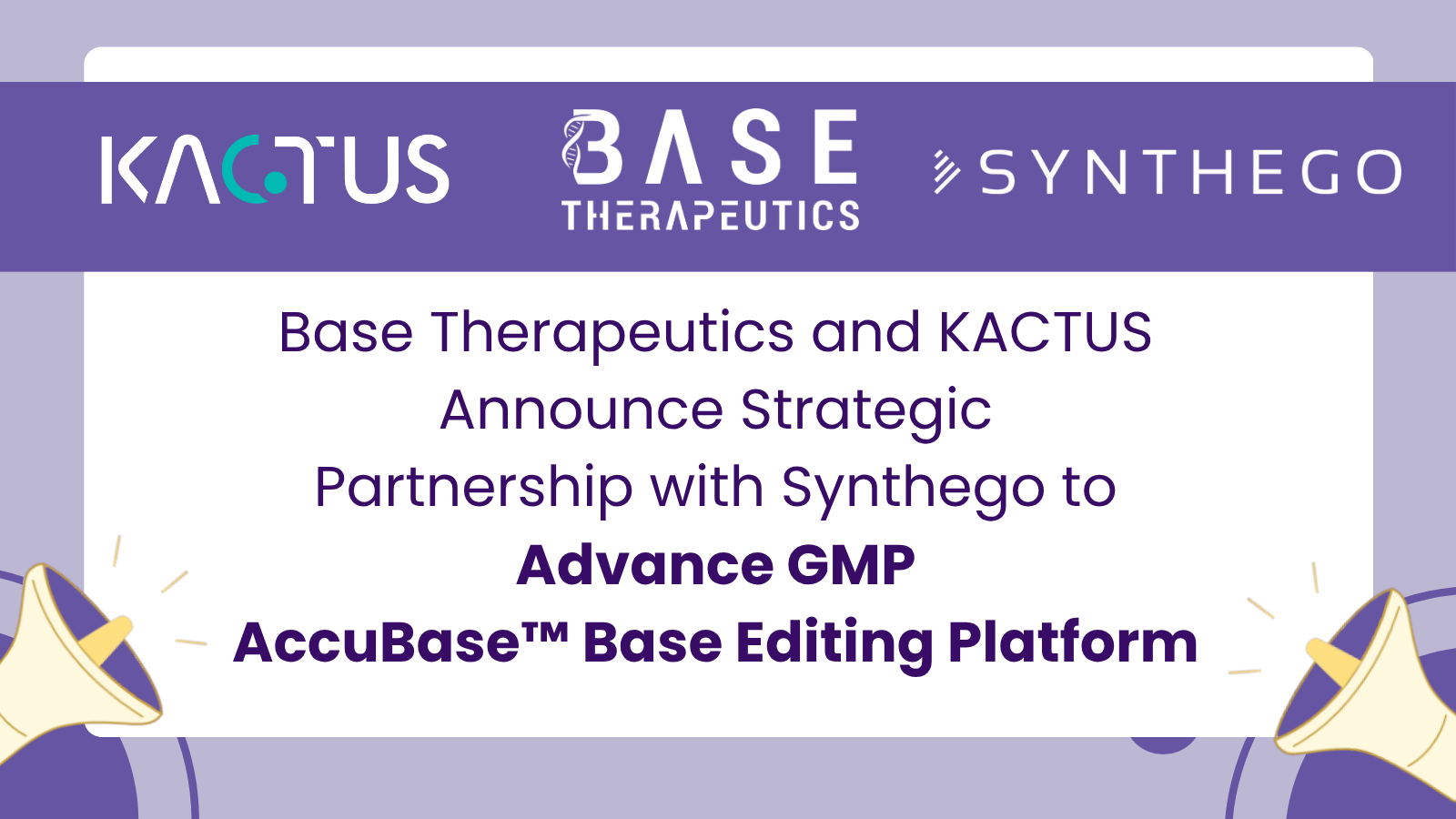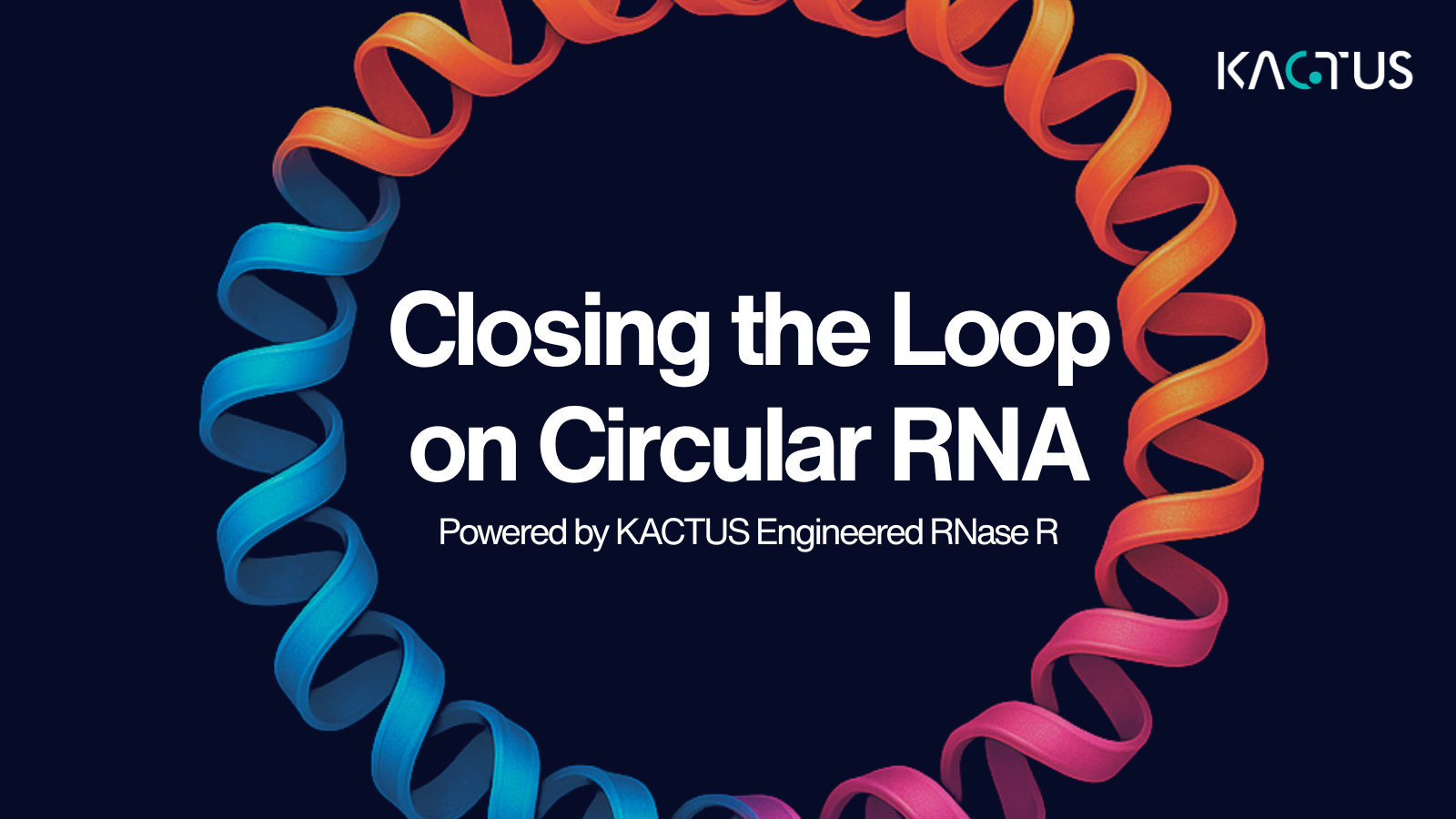Neoantigen-Based Immunotherapy: Unveiling Disease-Specific Targets
By Tingxu Chen
Introducing Neoantigen-Based Immunotherapy
Neoantigen-based immunotherapy is revolutionizing cancer treatment by focusing on neoantigens—unique proteins formed by mutations in cancer cells. These neoantigens are distinct from normal tissue proteins, making them highly specific targets for immunotherapy. The importance of this approach lies in its precision, allowing for personalized treatment development. Applications include adaptive cell therapies, vaccines, and antibody-based therapies, all designed to harness the body’s immune system to recognize and eliminate cancer cells with minimal impact on healthy tissues, often relying on advanced biomaterials such as enzymes for cell therapy to support therapeutic manufacturing and testing.
Understanding Neoantigens
At the heart of neoantigen-based immunotherapy lies the concept of neoantigens. These are proteins that emerge on cancer cells as a result of DNA mutations. Unlike other tumor-specific antigens, neoantigens are unique to each patient’s cancer, which makes them exceptionally unique targets for immunotherapy. The immune system can be trained to recognize these neoantigens, leading to a targeted attack on cancer cells without harming normal tissues.
When neoantigens are presented by antigen-presenting cells, they generate neoantigen-specific peptides. These peptides bind to major histocompatibility complex (MHC) molecules, forming complexes that are transported to the cell surface. The composition and structural configuration of these MHC complexes can critically influence the stability and immunogenicity of the peptide-MHC interaction. For researchers aiming to explore these dynamics in a controlled experimental setup, access to tailored MHC monomers and tetramers is essential. Employing an MHC complex custom service enables precise customization of these complexes to match specific neoantigen contexts, allowing for a more accurate study of TCR binding kinetics and immune activation profiles. T-cell receptors (TCRs) then recognize these complexes, triggering T cell activation and launching an immune response against the cancer cells. This interaction between MHC-neoantigen peptides and TCR is crucial in advancing various neoantigen-based immunotherapies, including TCR-T cell therapy, TCR-mimic antibody drugs, and tumor vaccines.
Methods for Neopeptide Identification
Methods to identify neoantigens currently involve sequencing, multi omics, algorithms, mass spectrometry, and experimental validation. Next Generation Sequencing (NGS) , (Whole Exome Sequencing) WES, RNA-seq or other sequencing method is typically used as the first step to screen for mutations on protein-coding genes. Meanwhile, the patient's HLA genotype is determined, and the antigen peptide is screened and sorted by combining the HLA binding force and the new antigen transport process algorithm. Finally, the antigen-reactive TCR was used to verify the immune effect of the antigen peptide. Most of the antigenic peptides predicted by the presentation of MHC molecules are not immunogenic, so the experimental verification based on specific TCR is a relatively direct method, which can truly identify the antigenic epitopes that can activate specific T cells.

Neoantigen identification process [2].
A common strategy for neopeptide identification is to expose T cells with several antigenic peptides and directly observe T cell activity such as T cell proliferation, specific killing ability, and cytokine release. The other way to identify antigen-reactive T cells is to use MHC multimers loaded with peptide candidates and perform flow-based T cell sorting. These methods can not only determine the sequence information of antigenic peptides, but also identify specific T cell populations. A variety of new technology methods such as mass spectrometry, DNA barcode labeling and microfluidic analysis, have greatly improved the detection throughput. In addition, antigen peptide library screening using specific TCR molecules have also been proved to be an efficient method for neopeptide screening. Approaches that involve TCR recognition of membrane-bound antigen variants may also benefit from technologies that present custom transmembrane proteins in structurally relevant formats, helping to preserve antigen conformation during functional assays.
KACTUS Peptide Ready MHCs
A reliable, handy MHC will significantly increase the efficiency for neopeptide identification and validation. For years, KACTUS has been dedicated to developing an innovative, reliable MHC tool: Peptide-ready MHCs to empower neoantigen-based immunotherapy. The peptide-ready MHC allows researchers to load specific neoantigen peptides into MHC complexes. This enables the study of how these neoantigens are presented to T cells, facilitating the screening of T cell receptors that can effectively recognize and respond to these cancer-specific targets. By using peptide-ready MHCs and soluble TCR expression services, scientists can better understand the immune response to neoantigens and develop more precise and effective cancer immunotherapies tailored to individual patients.
KACTUS's peptide-ready MHCs will facilitate more handy and efficient assay development, leading to better insights into immunotherapeutic research and the development of targeted cancer therapies tailored to individual patient needs. Explore our catalog MHC products today or utilize our custom MHC services for your project.
About KACTUS
KACTUS is an innovation-driven company specializing in recombinant proteins and enzyme raw materials, dedicated to serving the development and production of biopharmaceuticals. Since its establishment in 2018, KACTUS has accumulated rich experience in protein R&D and production through its unique structure-designed protein development platform SAMS ™. KACTUS has built its own GMP facility and certified quality system, providing various GMP-grade raw proteins and enzymes to meet the needs of cell and gene therapy drug development. Several GMP-grade products have completed FDA DMF filings.
References
[1] Xie N, Shen G, Gao W, Huang Z, Huang C, Fu L. Neoantigens: promising targets for cancer therapy. Signal Transduct Target Ther. 2023 Jan 6;8(1):9.
[2] Arnaud M, Duchamp M, Bobisse S, Renaud P, Coukos G, Harari A. Biotechnologies to tackle the challenge of neoantigen identification. Curr Opin Biotechnol. 2020 Oct;65:52-59.











